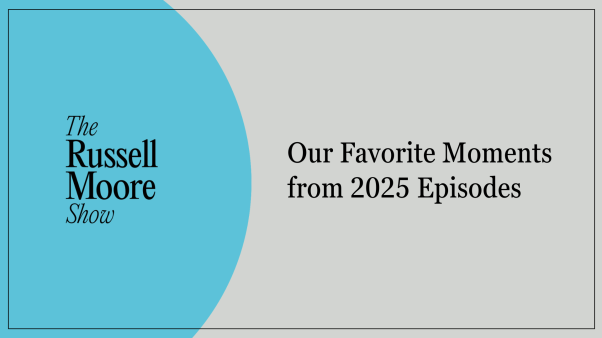The article by Kwabena Asamoah-Gyadu represents a view of the so-called “prosperity gospel” that has become conventional in wide circles of mainstream churches as well as among secular intellectuals and media. This view has colored the overall perception of the huge Pentecostal community, which is by no means co-extensive with the “prosperity gospel,” but which has been the principal growth area of the latter, especially in the Global South. Its message can be simply stated: Material betterment will be the result of faith. Asamoah-Gyadu, along with many commentators in Africa and elsewhere, interprets this message as a distortion of Christian faith, an unholy mixture of Western materialism and traditional magic. As to those who preach the message, they are exploiters of the poor, latter-day successors of the salesmen of indulgences, whose excesses sparked the 16th century Protestant Reformation: “As soon as the coin hits the collection plate, a soul jumps out of purgatory.”
This interpretation of the “prosperity gospel” ties in with an important debate concerning the empirical consequences for development of the Pentecostal explosion: Is Pentecostalism to be understood as a positive factor in terms of modernization and development? Or is it rather a retrograde influence, trapping its adherence in a passive acceptance of poverty? David Martin, arguably the dean of Pentecostal studies, has (albeit cautiously) taken the former position. Social scientists Paul Freston and Birgit Meyer, among others, have (also cautiously) tended toward the other position. Honest disclosure: I find myself in Martin’s camp. Essentially we understand Pentecostalism as a contemporary reincarnation of the “Protestant Ethic” made famous by Max Weber—a morality of hard work, delayed gratification and planning for the future—in sum, a modernizing creed. The other camp sees Pentecostalism as belonging to the category of so-called “cargo cults”—a belief that the fruits of modernity will be delivered magically with no efforts demanded by the recipients.
The Pentecostal community is vast, according to some estimates (which lump it in with the broader group of charismatic Christians) containing some 600 million adherents worldwide. It would be surprising if there were no differences within this enormous population. For this reason I suspect that both camps are right. Let us stipulate that there are Pentecostals who believe that, if they have faith and express it by giving money to their church, prosperity will come by itself. Let us even stipulate that this is a false promise and that those who make it are exploiters. But adherents of the “prosperity gospel” are a small minority within the mass of Pentecostals. The message that most Pentecostals hear, far from preaching passive acceptance, encourage behavior which requires a lot of effort: hard work, saving, giving up alcohol and sexual promiscuity, and so on. If advocacy of this behavior is linked to a promise of, if not great wealth, at any rate material betterment, this is not a false promise. To be sure, not all people follow the behavioral norms of their faith. But many do. What happens in that case can be observed in many areas of poverty: It is called social mobility.
Asamoah-Gyadu (somewhat grudgingly, one feels) concedes that Christianity is not in favor of poverty. It seems to me that, if one agrees, one ought to have a more nuanced view of the “prosperity gospel.” One may have some theological quibbles about the way it is phrased, but if one looks at it empirically—that is, in terms of its probable consequences—one will see it as a powerful vehicle for people to get out of poverty. I don’t think that one would want to quarrel with this.
Peter L. Berger is an internationally known religious sociologist and senior research fellow at the Institute on Culture, Religion and World Affairs, which he founded at Boston University.








